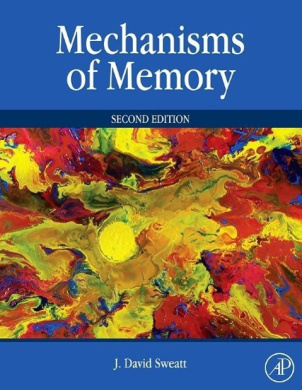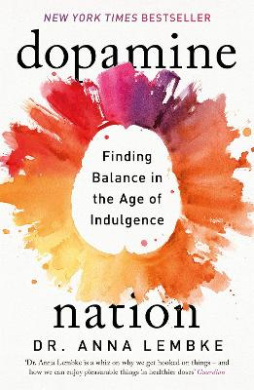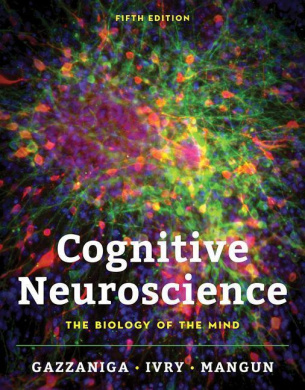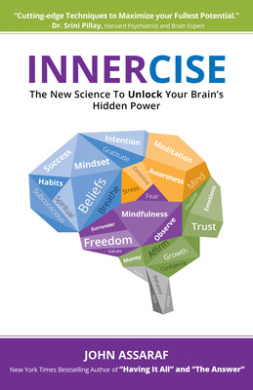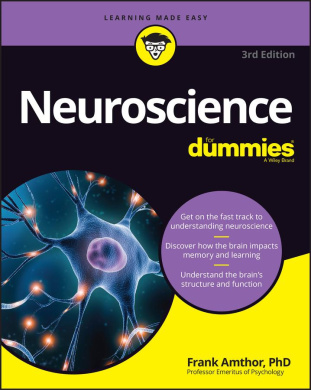Description
Many who work on the cellular and molecular processes of learning and memory are tempted to throw up their hands in frustration and conclude that the problem is insoluble. Human learning and memory is likely the most highly evolved and sophisticated biological process in existence. This book represents the first step at beginning to put together the complex puzzle of the molecular basis of memory. Sweatt creates a framework of thinking about synaptic plasticity and memory at the molecular level; one which recognizes and begins to incorporate this extreme biochemical complexity into our thinking about memory. Now in its second edition this is currently the only book on the market that takes this approach. All chapters are fully revised, and four new chapters have been added. The book is adaptable for courses for senior level undergraduates and, first and second year graduate students. It will be of use to students interested in the medical professions and graduate students interested in translational aspects of basic memory research at a time when translational research is becoming a priority area for research funding agencies in the US and internationally. It contains more than 25 per cent new content, particularly expanding the scope to include new findings in translational research to ensure the reader has the benefit of the latest research. It provides the first stop for information on how disorders of molecular events in memory impact major neurological diseases, and how new treatments can thus be approached. Unique in its depth of coverage of molecular and cellular mechanisms, this book demystifies this complex aspect of memory & deepens the reader’s understanding to an extent that no other book does. Extensive cross-referencing to Comprehensive Learning and Memory of this book offers key to readers who will be studying a broad range of courses & looking for links with what they are learning in their respective classes on cognitive psychology, neurobiology, cellular & molecular neuroscience etc. It discusses clinically relevant memory disorders in the context of modern molecular research and includes numerous practical examples to extend the market to those training in the medical professions and graduate students interested in translational aspects of basic memory research. This is particularly important, as translational research is becoming a priority area for research funding agencies in the US and internationally.
